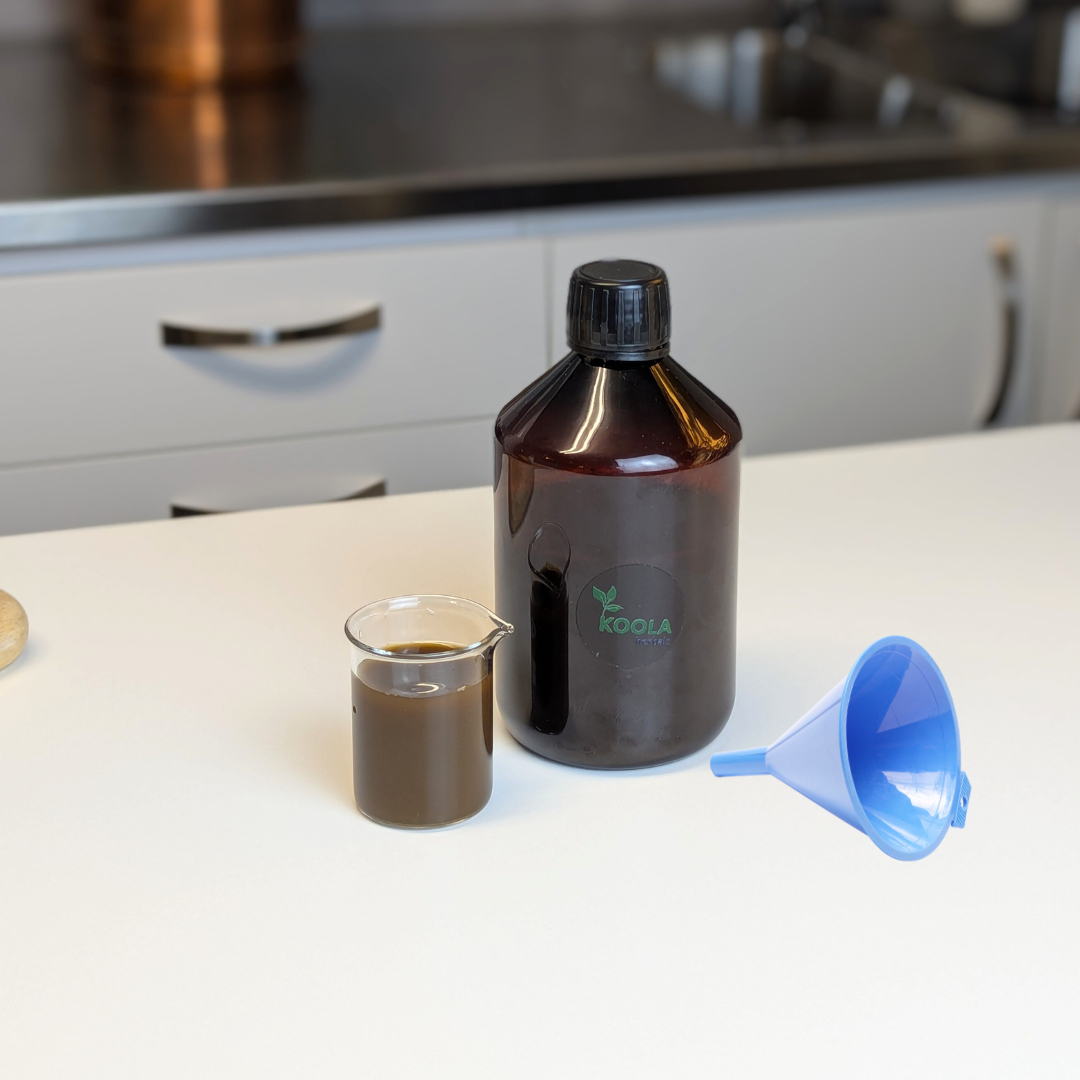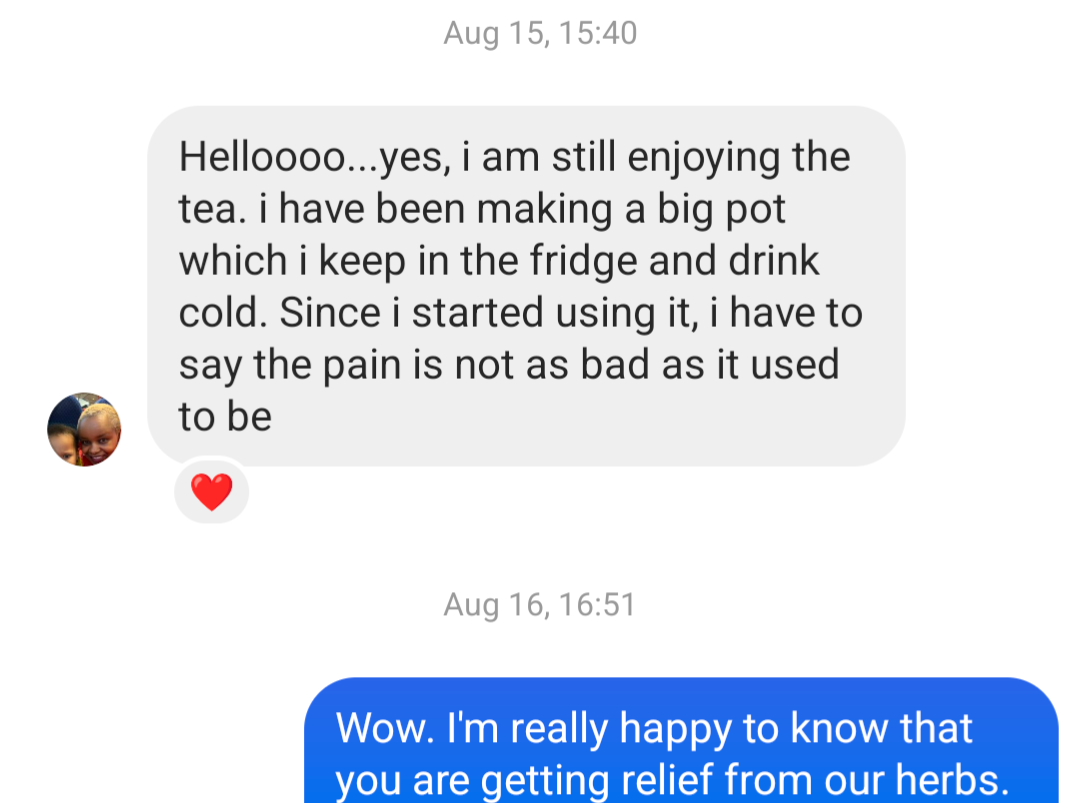Harnessing the Power of Traditional African Herbs to Balance Hormones During the Menstrual Cycle
For centuries, traditional African medicine has offered natural remedies to support women’s health, particularly during the menstrual cycle. The discomforts of premenstrual syndrome (PMS)—mood swings, cramps, fatigue, and bloating—are often linked to hormonal imbalances. Modern research now validates what African communities have long known: the phytochemicals in traditional herbs can help restore hormonal balance, reducing the severity of PMS symptoms. These bioactive compounds, found in plants native to regions like East Africa, are a potent, natural way to ease menstrual discomfort without the side effects of synthetic drugs.

Phytochemicals and Hormonal Balance
Phytochemicals, the active compounds produced by plants, are renowned for their therapeutic properties. Many traditional African herbs contain phytochemicals such as flavonoids, alkaloids, and phytoestrogens, which interact with the endocrine system to regulate hormones. During the menstrual cycle, hormonal fluctuations—particularly of estrogen and progesterone—can trigger PMS symptoms. Excessive estrogen or insufficient progesterone often leads to mood instability, fatigue, and physical discomfort.
Herbs like Hibiscus sabdariffa (roselle) and Dioscorea villosa (wild yam) are rich in phytoestrogens, compounds that mimic estrogen’s effects in the body. These phytochemicals can help stabilize estrogen levels, preventing the dramatic hormonal shifts that cause PMS symptoms. Additionally, flavonoids found in African herbs act as natural anti-inflammatories, reducing the physical discomfort often associated with hormonal imbalance, such as cramps and bloating.

Stress Reduction and Hormonal Health
Cortisol, the body’s stress hormone, plays a significant role in worsening PMS symptoms. High cortisol levels can disrupt the delicate balance of reproductive hormones, exacerbating mood swings, fatigue, and irritability. Traditional African herbs like Ocimum gratissimum (African basil) and Aspilia africana are widely used for their adaptogenic properties—helping the body adapt to stress and maintain hormonal equilibrium.
Phytochemicals such as terpenes and polyphenols, found in these herbs, regulate cortisol production and improve the body's response to stress. By lowering cortisol levels, these herbs not only reduce stress-related hormonal disruptions but also support a more balanced emotional state throughout the menstrual cycle. This makes them particularly effective for addressing PMS-related mood swings, anxiety, and irritability.

Anti-inflammatory and Antispasmodic Effects
PMS symptoms are not solely linked to hormones—prostaglandins, inflammatory compounds released during the menstrual cycle, play a major role in causing cramps and discomfort. Traditional African herbs like Zanthoxylum chalybeum (knobwood tree) and Siphonochilus aethiopicus (African ginger) are rich in bioactive compounds that inhibit prostaglandin production. These herbs contain alkaloids and gingerols, which reduce inflammation, relax uterine muscles, and ease pain.
The combination of anti-inflammatory and antispasmodic effects from these herbs provides holistic relief, targeting both the hormonal and inflammatory components of PMS. Regular use of herbal remedies rich in such phytochemicals can lead to less painful and more manageable menstrual cycles, allowing women to focus on their daily lives without interruption.
By harnessing the power of traditional African herbs, Koola Herbals Sele Tea offers a natural and effective way to balance hormones and reduce PMS symptoms. Infused with bioactive phytochemicals, this herbal blend helps stabilize hormone levels, manage stress, and alleviate inflammation. Whether you’re dealing with mood swings, cramps, or fatigue, Sele Tea provides a gentle, plant-based solution rooted in the time-tested wisdom of African medicine. For women seeking a holistic and natural approach to hormonal health, Koola Herbals Sele Tea is an invaluable ally in reclaiming comfort and balance during the menstrual cycle.
Sele Tea
The period pain, PMS blend
Share







Read more about Women's health
View all-

Menopause: What Happens in the Body?
Menopause is a natural part of aging that affects all women, though the experience varies greatly. It typically occurs between the ages of 45 and 55, starting with irregular periods...
Menopause: What Happens in the Body?
Menopause is a natural part of aging that affects all women, though the experience varies greatly. It typically occurs between the ages of 45 and 55, starting with irregular periods...
-

Women's Health - Feeling Good Through All Life ...
Health is personal, and your needs change over time. We provide tools and advice to help women navigate different life stages and health concerns.Koola Herbals: Natural Healing and EmpowermentKoola Herbals...
Women's Health - Feeling Good Through All Life ...
Health is personal, and your needs change over time. We provide tools and advice to help women navigate different life stages and health concerns.Koola Herbals: Natural Healing and EmpowermentKoola Herbals...
-

Supplements & Vitamins During Menopause
During menopause, hormonal changes, particularly a drop in estrogen, lead to various physical and emotional symptoms. Menopause is divided into three stages: perimenopause (before the last period), menopause (when periods...
Supplements & Vitamins During Menopause
During menopause, hormonal changes, particularly a drop in estrogen, lead to various physical and emotional symptoms. Menopause is divided into three stages: perimenopause (before the last period), menopause (when periods...





